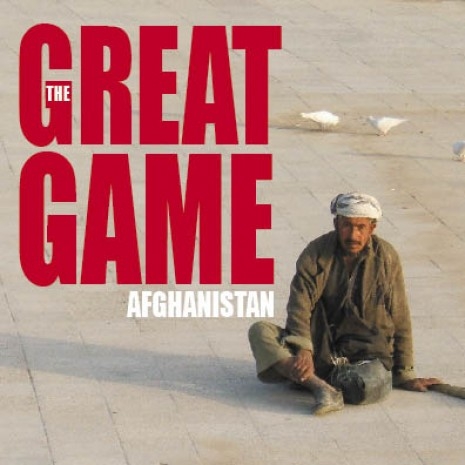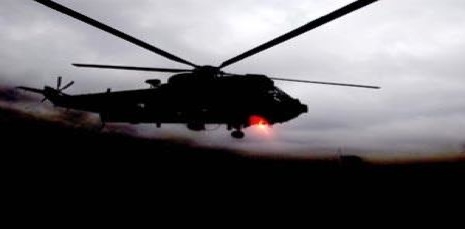
The Pentagon has organized a trip for a north London theater group to perform its play on Afghanistan to hundreds of its military personnel. It is believed that The Great Game: Afghanistan, a 7 hour production examining 170 years of Afghan history, will help give greater understanding to the cultural, political and historical factors involved in the war - now reaching its tenth year.
The performances have been put together by the Tricycle Theater, in conjunction with the British Council and the Shakespeare Theater in Washington, after an invitation from the Pentagon. The Great Game: Afghanistan premiered at the Tricycle in 2009 and returned last year after strong reviews.
The drama is organized into three sections, each of four plays, and takes its name from the 19th and 20th century “Great Game” played out between the Russian and British Empires for supremacy over Central Asia. The UK feared Russia would use Afghanistan as a staging post to take over India, the “Jewel in the Crown” of the British Empire. This led to the first Anglo-Afghan War in 1838.
The Great Game: Afghanistan is performed by the Tricycle Theater, a highly respected theater company, which has established “a unique reputation for presenting plays that reflect the cultural diversity of its community, in particular by Black, Irish, Jewish, Asian and South African writers, as well as for responding to contemporary issues and events with its ground-breaking ‘tribunal plays’ and political work.” Its director Nicholas Kent said last month to the London Evening Standard:
“I think it shows the open-mindedness of the current military both in the United States and here, that people are willing to learn and try to understand foreign cultures,” he said.
“It is very exciting because you don’t often get the chance as an actor to do something as important as that. I’m very honoured that they want us to do it.
“Anything that means these people know more about the history of Afghanistan can only help the whole intervention there. It’s very important people have knowledge of the story they’re dealing with.”
The Daily Telegraph reports that Douglas Wilson, assistant secretary for public affairs at the Pentagon, “said he faced doubts within the department that the plays would be anti-war and would deliver a counterproductive, negative message to a military audience.”
Addressing the apparent culture clash of a liberal theatre and a vast war machine, he said: “There is an assumption that the arts and our men and women in uniform are from different planets. It’s not the case,” he said.
“The arts can provide a means to discuss and explore and in this case learn about the history and culture of a very complicated country. It is tremendous food for thought,” he said.”
Indu Rubasingham, who directed half the plays, said her own “naive” anti-war views had matured while researching the subject matter.
“I realised I was prejudiced and judgmental. The international community has to take responsibility there, otherwise there will be a vacuum,” she said.
Last night was the first night of the production for Pentagon staff, and it received a standing ovation. It will be interesting to see if the play’s examination of the dangers and folly of imperialism will have any effect on current policy.
Previously on DM
Once Upon a Time in Afghanistan
Further clips from the play ‘The Great Game: Afghanistan’, after the jump…






